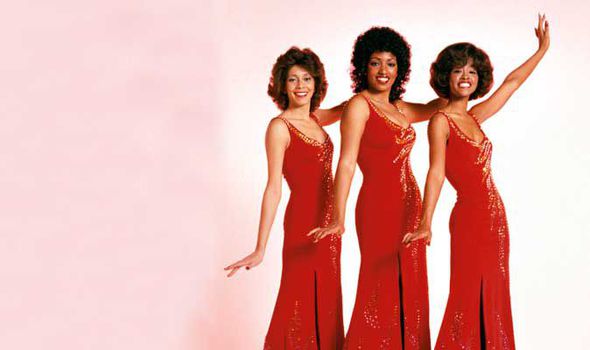B
Beefriendly
Guest
.
But new researches show, the dilution is so such in first generation, that antivarroa features is practically as good as in normal bees. 10% less mites in the hive has no meaning.
It suggests that most of the multitude of genes involved in VSH are recessive and/or polygenic so won't be expressed in the next generation.
Although the VSH phenotype can be maintained by crossing VSH lines by II, but this is an illustration of what can be achieved under idealistic conditions. And very good to know it can be achieved but it fails the field test under "normal beekeeping conditions".
Theoretically, a constant importation of replacement VSH queens into an area over what I suppose, will be a considerable number of decades might get us close..... assuming everyone agreed to import VSH queens ......
Pigs will have flown to the moon before that happens.
Last edited:




















































